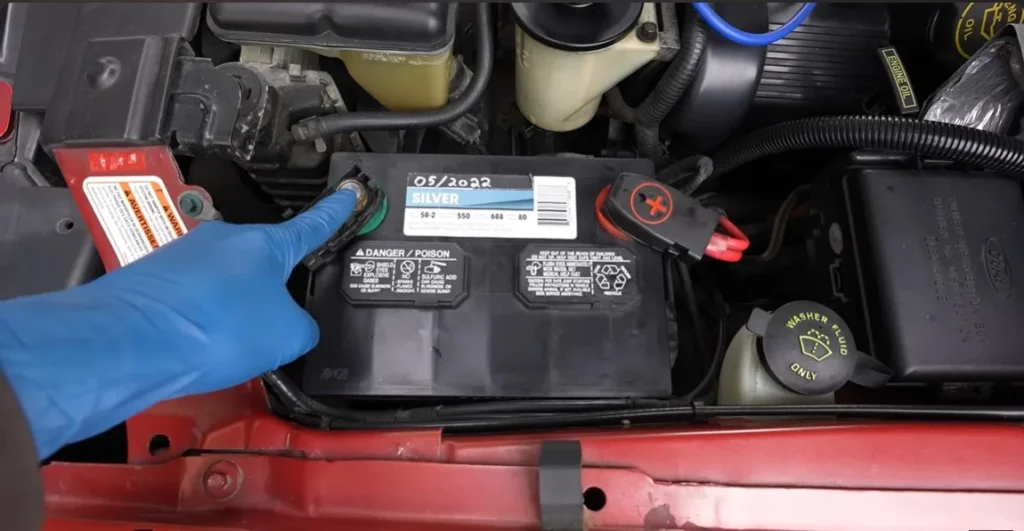A car battery needs replacement if it struggles to start or shows signs of corrosion. Dim headlights and frequent jump-starts also indicate a failing battery.
Your car’s battery is crucial for its performance. It powers the engine, lights, and electronic systems. Over time, batteries lose their ability to hold a charge. This can leave you stranded or unable to start your vehicle. Recognizing the signs of a failing battery can save you from unexpected breakdowns.
Common indicators include slow engine cranking, dashboard warning lights, and a bloated battery case. Regular maintenance and timely replacement ensure your car runs smoothly. Always be aware of these signs to avoid inconvenience and costly repairs.
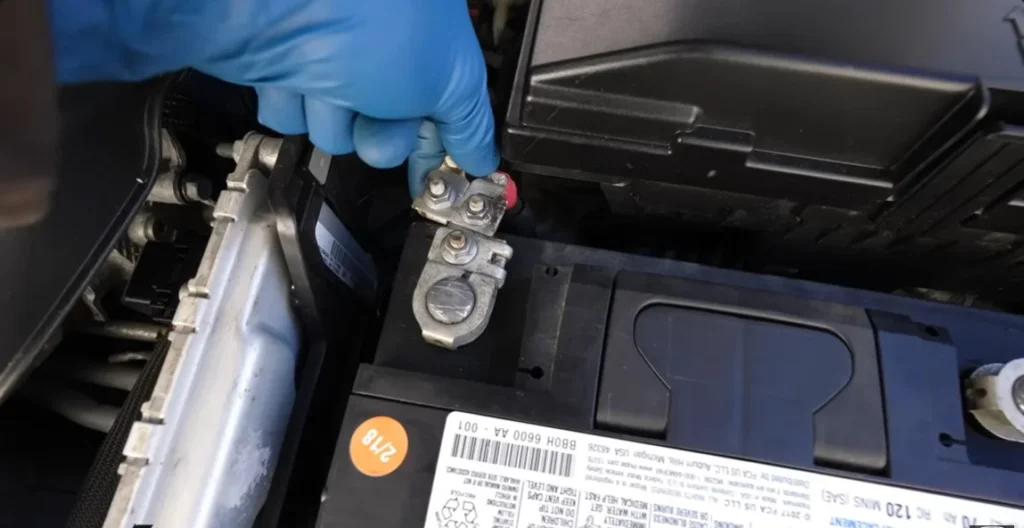
Dimming Headlights
Dimming headlights are a clear indicator of a failing car battery. This sign is easy to spot, especially at night. When the battery struggles, it cannot power the headlights properly. This leads to reduced brightness and intermittent flickering.
Reduced Brightness
Reduced brightness is the most common sign of battery issues. Your headlights will not shine as brightly as usual. Driving at night becomes difficult due to the poor visibility. This can be dangerous and annoying.
A weak battery cannot provide enough power. This causes the headlights to dim. If you notice your lights are not as bright, check the battery. It may need replacement soon.
Intermittent Flickering
Intermittent flickering is another sign of a failing battery. Headlights may flicker on and off while driving. This can be distracting and unsafe.
Flickering happens when the battery cannot maintain a steady power supply. The headlights receive power in irregular bursts. This causes the flickering effect. If your headlights flicker, it is time to inspect the battery.
Here’s a quick checklist for dimming headlights:
- Check for reduced brightness
- Observe any intermittent flickering
- Inspect the battery connections
- Test the battery voltage
Keeping an eye on these signs will help ensure your car runs smoothly.
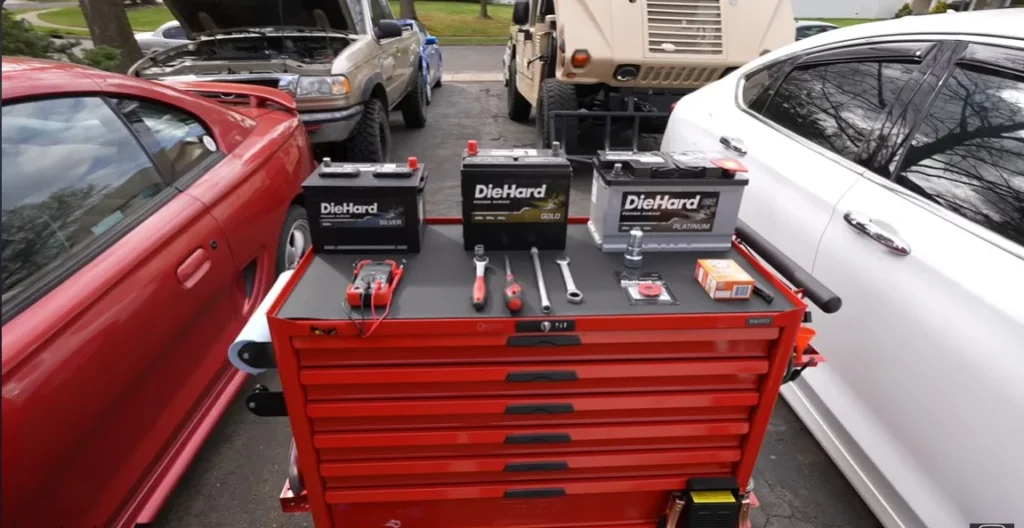
Slow Engine Crank
A slow engine crank is one of the first signs that your car battery might be failing. When you turn the key, the engine should start smoothly. If it doesn’t, your battery could be losing power.
Delayed Startup
A delayed startup means your engine takes longer to turn over. This delay happens because the battery is weak. The engine needs more power to start. You might notice this delay more on cold mornings.
Struggling To Start
If your car struggles to start, the battery might be the issue. You may hear clicking sounds when turning the key. This sound is a sign of a weak battery. It means the battery can’t send enough power to the starter.
Key Points to Remember:
- A slow engine crank indicates battery problems.
- Delayed startup occurs with a weak battery.
- Struggling to start often means the battery needs replacement.
| Sign | Description |
|---|---|
| Slow Engine Crank | The engine takes time to start, indicating battery issues. |
| Delayed Startup | The engine takes longer to turn over, especially in the cold. |
| Struggling to Start | Clicking sounds and hard starts point to battery trouble. |
Dashboard Warning Light
Your car’s dashboard warning light can indicate many issues. One critical alert is related to the car battery. Recognizing these signs early can save you from getting stranded. Below, we’ll explore key indicators like the battery icon illumination and the check engine light.
Battery Icon Illumination
The battery icon on your dashboard is crucial. When this light comes on, it means there’s a problem with the battery. Sometimes, it can signal an issue with the alternator. Either way, it’s a sign your battery needs attention.
This icon might look like a rectangle with plus and minus signs. If this light stays on, your battery could be failing. Take action quickly to avoid a dead battery.
Check Engine Light
The check engine light is another important indicator. This light can mean many things, but a failing battery is one of them. If your check engine light is on, it’s a good idea to check your battery too.
Modern cars rely heavily on battery power. A weak battery can trigger the check engine light. This happens because the car’s computer isn’t getting enough power.
| Indicator | Possible Issue |
|---|---|
| Battery Icon | Battery or alternator problem |
| Check Engine Light | Battery affecting the car’s computer |
Both these lights are important. Don’t ignore them. They help you avoid bigger issues down the road.
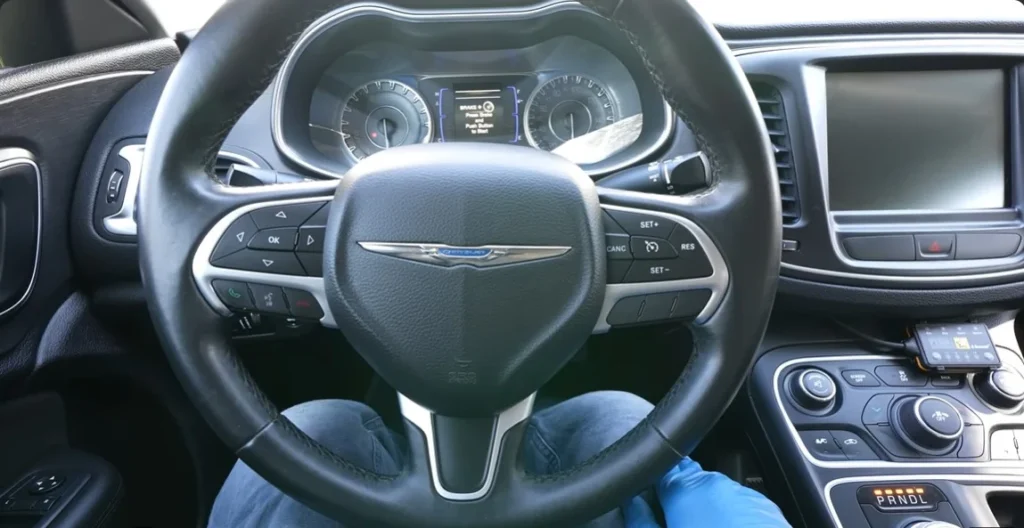
Electrical Issues
Electrical issues can be the first signs of a failing car battery. Your car relies on the battery for electrical power. When the battery is weak, several components may start to show signs of trouble.
Malfunctioning Radio
A malfunctioning radio is a common indicator. The radio may stop working or have poor sound quality. This happens because the radio needs a stable power supply. A weak battery can’t provide this, causing issues.
| Symptom | Possible Cause |
|---|---|
| Radio stops working | Weak battery |
| Poor sound quality | Inconsistent power supply |
Power Window Problems
Power window problems are another sign of a weak battery. The windows may move slower than usual. Sometimes they may not move at all. This is because the power windows require a significant amount of electrical power.
- Slow window movement
- Windows not responding
If you notice these signs, check your battery. A new battery can solve these electrical issues.
Swollen Battery Case
One clear sign your car battery needs replacement is a swollen battery case. This is a serious issue that should not be ignored. Understanding the causes and implications is crucial for your vehicle’s health.
Physical Deformation
A swollen battery case shows physical deformation. This often results from internal chemical reactions. These reactions can generate excess gas. The gas buildup causes the battery case to deform. This deformation is more than just an aesthetic issue. It can impact the battery’s performance and safety.
Visible Bulging
One of the easiest ways to identify a swollen battery is through visible bulging. The battery case may appear puffed up or misshapen. This bulging is a sign that the battery is not in optimal condition. If you notice this, it’s time for a replacement.
| Signs | Implications |
|---|---|
| Physical deformation | It indicates internal issues, that need immediate attention. |
| Visible bulging | Battery case appears puffed, signals replacement need. |
Ignoring a swollen battery can lead to further damage. It can affect other car components. Always check for these signs regularly. A well-maintained battery ensures your car runs smoothly
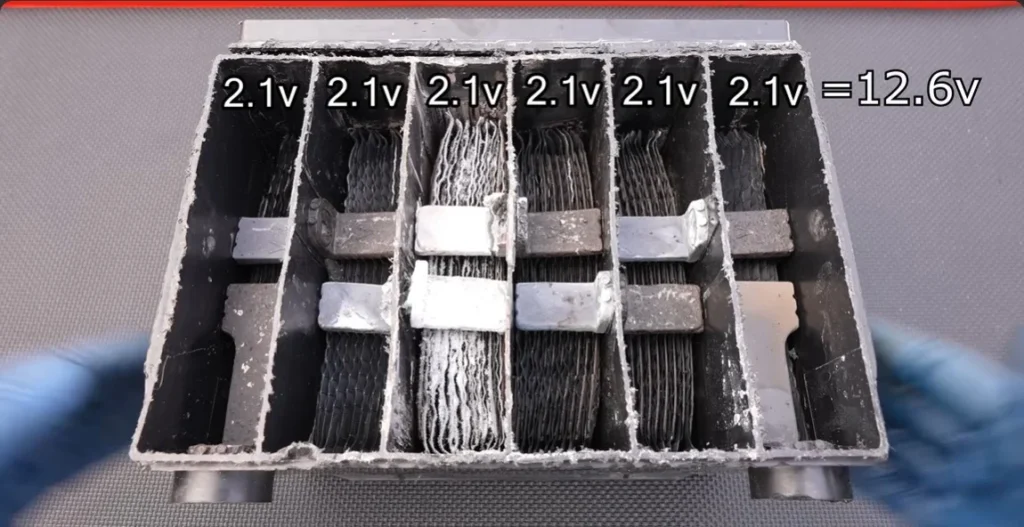
Unusual Odors
Noticing unusual odors from your car can be a sign of trouble. These smells often indicate serious issues with your car battery. Pay attention to any strange scents, as they can signal the need for a battery replacement. Below are two common odors that suggest your car battery might be failing.
Rotten Egg Smell
A rotten egg smell is a clear warning sign. This odor is caused by sulfuric acid leaking from the battery. Sulfuric acid can be harmful and indicates internal damage. If you notice this smell, inspect your battery immediately. The acid can corrode other parts of the engine. Address this issue quickly to avoid further damage.
Burning Scent
A burning scent is another alarming sign. This smell usually comes from overheated wires or a melting battery case. Overheating can lead to a fire hazard. It can also damage your car’s electrical system. If you detect a burning scent, turn off your car and check the battery. Ensure all connections are secure and inspect for visible damage.
Frequent Jump Starts
Frequent jump starts indicate that your car battery is struggling. This issue should not be overlooked. It usually points to a deeper problem with your battery’s health. Below are some signs that your car battery might need replacement.
Repeated Dead Battery
If your battery dies often, it is a clear sign of trouble. Consider the following points:
- Difficulty starting the car: Your car takes longer to start.
- Dim headlights: Headlights appear dimmer than usual.
- Electrical issues: Power windows and radio work erratically.
Dependence On External Power
Relying on jump starts is not a long-term solution. Here are some reasons:
- Battery age: Older batteries lose efficiency over time.
- Weather impact: Extreme temperatures can affect battery performance.
- Frequent use of electronics: Heavy use drains the battery faster.
| Sign | Description |
|---|---|
| Slow engine crank | The engine takes longer to start. |
| Check engine light | Battery-related issues trigger this light. |
| Swollen battery case | Heat causes the battery case to swell. |
Recognizing these signs can save you from unexpected breakdowns. It is essential to replace your battery before it fails. Doing so ensures your car runs smoothly and efficiently.
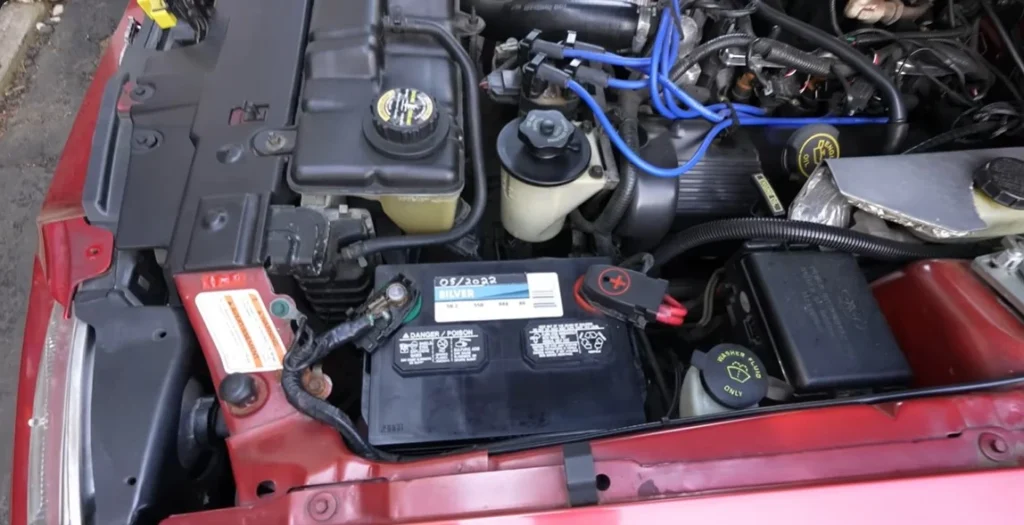
Corroded Connectors
Corroded connectors can spell trouble for your car battery. This common issue can lead to poor performance and even battery failure. Recognizing the signs of corroded connectors is crucial to keep your car running smoothly.
White Powdery Residue
White powdery residue on the battery terminals is a red flag. This residue is a sign of corrosion, which can hinder the flow of electrical current and cause your car to struggle to start. If you see this, your battery might need attention.
- Check for white residue regularly.
- Clean the terminals to prevent further damage.
- Consider replacing the battery if corrosion is severe.
Rust Around Terminals
Rust around the battery terminals is another sign of trouble. Rust can weaken the connection between the battery and cables, resulting in poor performance and electrical issues. Early detection can save you from bigger problems.
- Inspect the terminals for any rust.
- Use a wire brush to clean off rust.
- If rust persists, it may be time for a new battery.
Keeping an eye on these signs can help maintain your car’s battery health. Regular checks and cleaning can extend the life of your battery. Don’t ignore the signs; take action to ensure a smooth ride.

Frequently Asked Questions
How To Know If Car Battery Is Dying?
Dimming headlights, slow engine crank, and frequent jump-starts indicate a dying car battery.
Why Does My Car Battery Die Quickly?
Frequent short trips, extreme temperatures, and electrical issues can cause a car battery to die quickly.
What Are The Signs Of A Weak Battery?
Dim lights, slow engine start, and electronic issues are common signs of a weak battery.
How Long Should A Car Battery Last?
A typical car battery lasts 3 to 5 years, depending on usage and conditions.
Can A Weak Battery Affect Car Performance?
A weak battery can cause poor engine performance and unreliable electronic functions.
Why Does My Car Battery Keep Dying Overnight?
Parasitic drains, faulty alternator, or old battery can cause a car battery to die overnight.
Conclusion
A weak battery can leave you stranded at the worst times. Watch for dimming lights and slow engine starts. These signs indicate it’s time for a replacement. Regular battery checks ensure your car runs smoothly. Stay proactive and replace your car battery when needed to avoid future problems.


